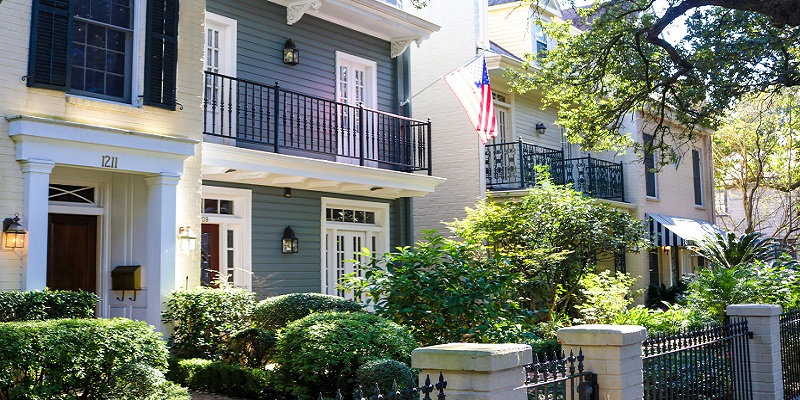
If you’re considering a 1031 exchange in New Orleans, it’s important to remember that it must involve two ‘like-kind’ properties.
Using this process helps buyers avoid capital gains taxes — but it has to be done correctly.
1031 exchanges allow investors to sell a New Orleans property and defer tax liability on the profit. Then they invest the full profit in their next property, allowing them to purchase a more expensive property. At Satsuma Realtors, we help investors sell their properties and identify properties that can be purchased under a 1031 exchange.
According to the Internal Revenue Service, those who may qualify for 1031 exchanges include:
- Individuals
- C corporations
- S corporations
- General or limited partnerships
- Limited liability companies
- Trusts and other taxpaying entities
Under Internal Revenue Code (IRC) Section 1031, a properly structured 1031 exchange will allow an investor to sell a property, reinvest the proceeds, and defer all capital gains. The exchanger needs to use all the equity and replace all the debt to defer all of the capital gains taxes (the investor may not receive cash from the sale).
A strict 45-180 day timeline must be followed, and the investor must buy “like-kind” property, meaning a property similar in nature or character, but not worth. The relinquished property and the newly acquired property must be held for investment or business purposes, meaning you cannot sell your primary residence and buy an investment property, or the other way around.
How the 1031 Exchange Process Works
Say an investor sells a French Quarter condo for $500,000. Without a 1031 exchange, the investor will incur $175,000 of tax liability on the sale for a net profit of $325,000 and can then turn the $325,000 profit into a 25 percent down payment toward the purchase of a $1,300,000 property. But with a 1031 exchange, they’ll incur $0 tax liability, realize a net profit of $500,000, and have the ability to reinvest the proceeds by putting 25 percent down payment on a property worth $2,000,000.
In this example, a 1031 exchange not only saves the investor $175,000 in capital gains taxes, but also allows him or her to purchase a property worth $700,000 more. Here’s how it could work for you:
- Our real estate agent helps you sell your property.
- The property closes, but the money doesn’t go to you. Instead, a qualified intermediary (QI) — an independent third party who is not your lawyer, real estate agent, broker, or certified public accountant – must hold the sale proceeds on your behalf. It is very important that you work with a QI who is trustworthy, indemnified, bonded, and knows the process — or the 1031 exchange could be invalid.
- You then have 45 days to work with your NOLA real estate agent to designate up to three properties that will be replacing the sold property, as long as one of them is purchased by the QI on behalf of the investor.
- With the help of your agent, you will close on one of the designated properties within 180 days of the sale of the original property. Failure to do so will void the 1031 exchange.
- If the replacement property is less expensive than the profit from the original sale (known as the “boot”), capital gains taxes will apply, making it critical for you to establish your goals with your real estate agent.
If you’re a New Orleans investor who wants to take advantage of the tax savings offered by a 1031 exchange, contact Satsuma Realtors to discuss your investment needs and goals with a qualified Realtor.